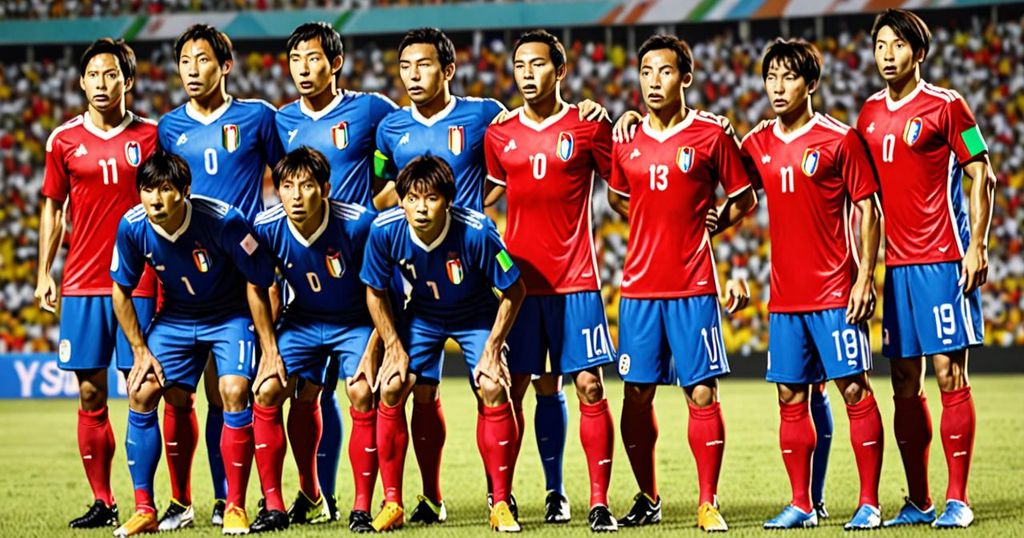Indonesia, renowned for its considerable population and thriving economy, has encountered significant challenges in establishing a presence in the realm of international soccer. The recent proposal for a comprehensive reconstruction of the Indonesian Football Association (PSSI) by State-Owned Enterprises Minister Erick Thohir underscores the political turmoil that has impeded the country’s soccer competitiveness.
Despite being the fourth-most populous nation globally with over 276 million citizens and boasting the largest economy in Southeast Asia, Indonesia’s soccer team currently holds a lowly position of 152nd out of 211 national teams, as per FIFA rankings. The only World Cup appearance was in 1938 under the name Dutch East Indies, highlighting the persistent underachievement resulting from corruption, mismanagement, and political conflicts within the country’s soccer governing authority.
On the field, Indonesia trails behind neighboring countries such as Malaysia, China, Hong Kong, and North Korea, despite the country’s fervent passion for soccer. An estimated 180 million Indonesians, equating to almost two-thirds of the country’s population, tuned in to watch the 2022 World Cup. The national team also draws massive crowds of 100,000 people or more at international matches, often with the president of the nation in attendance at the Gelora Bung Karno Stadium in central Jakarta.
The evident struggle of Indonesian soccer raises the question of why a nation with such a large population and a profound fondness for the sport is unable to field a competitive team on the global stage. The answer lies in the disruptive influence of politics in the country’s soccer administration, a factor which has overshadowed the abundance of talent, skill, and enthusiasm present among Indonesian players and fans.
As the call for reform gains momentum, it is critical for Indonesia to address the internal issues that have contributed to the stagnation of its soccer development. By promoting transparency, accountability, and effective governance within the PSSI, Indonesia can unleash the full potential of its soccer prowess and once again compete with the world’s best on the international stage. It is time for the nation to overcome these obstacles and pave the way for a brighter future in the realm of global soccer.

Leave a Reply